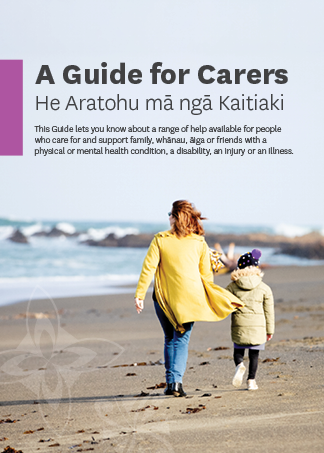Supports and Services
Health and Wellbeing APPS
Apps hold amazing potential as mental health and wellbeing tools. You can carry them everywhere, engage with them in real time as you’re experiencing distress, and interact with them in a completely different way to other self-help tools. But it is important to remember that apps don’t replace professional help or your doctor’s advice, and there is no current accreditation system for apps that are designed. It’s important to note an app will only be effective if you use it, and you are probably more likely to use something you enjoy using so if you don’t like the look of the app, don’t like the language it uses, or don’t like the things it asks you to do, it’s probably best finding another one. Please note that most Apps come free to download but then may require purchases and subscriptions to access all content or full functioning of the app. Most apps are available for Apple (iOS) or Android operated devices
A Guide for Carers
A Guide for Carers – He Aratohu mā ngā Kaitiaki
The Guide is practical help for whānau, aiga and carers who assist family members and friends
who need help with everyday living because of a health condition, disability or injury.
It includes information on services and supports available for carers, such as:
• financial help
• transport and travel
• assessing needs
• help at home
• children with special education needs
• balancing your caring role with work and study
• taking care of yourself
• contacts in time of mental health crisis
• help with managing bladder or bowel control
• making and resolving complaints
Documents
• A Guide for Carers – He Aratohu mā ngā Kaitiaki
• https://msd.govt.nz/what-we-can- do/community/carers/index.html
• Full booklet
• Download printable PDF (PDF 1.23MB)
Introduction to disability supports and government funding
What’s out there to help me and my whānau? In this article you will find some helpful information, tips and links about disability supports.
Getting a Break
Taking a break looks different to each individual and what works for some doesn’t work for others. But as we know, being able to have a break is vitally important.
A window on Individualised Funding
The following tips have been collated from a number of different whānau experiences of IF …
Individualised Funding Respite (IF-Respite)
Since 2014, respite can be used under Individualised Funding, known as IF-Respite which has a budget separate from the IF funds.
Tips on navigating the NASC
This article has some tips from other whānau about navigating the NASC (Needs Assessment and Service Coordination agency).
Talking about the NASC
Imagine Better
NASC services currently play a significant role in our current formal disability support service structure. Their role is significant because all disabled people who receive government funded support through the Ministry of Health, are required to access this support through a NASC service.









